Last Updated on November 13, 2023 by Cathy
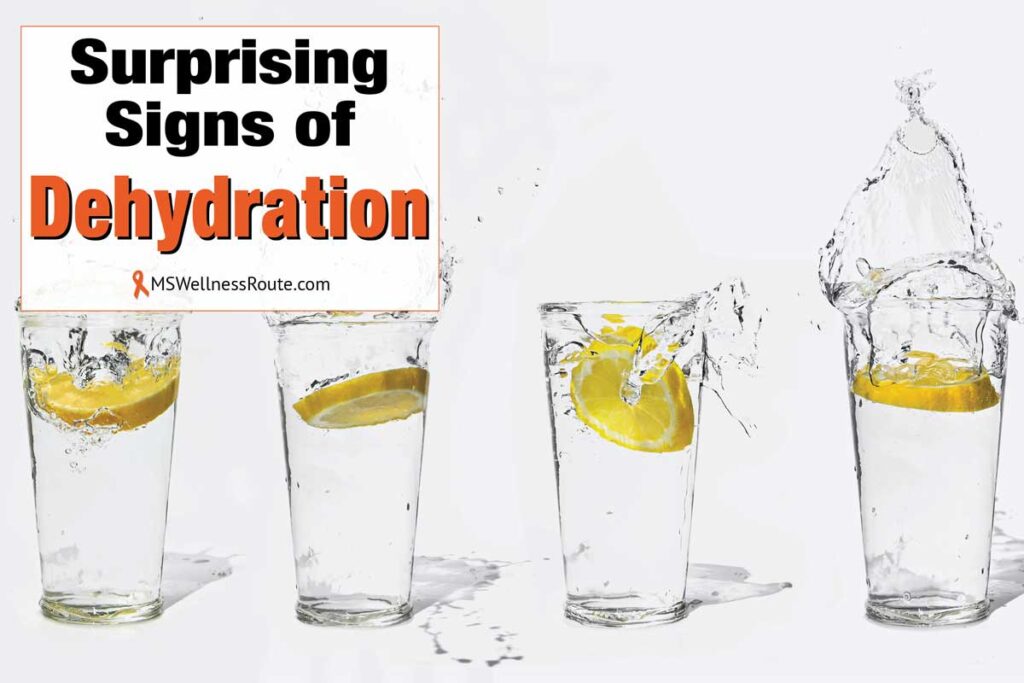
Thirsty yet? We need to drink water to maintain hydration. It’s essential for our body’s proper functioning. Water helps regulate body temperature, lubricate joints, and transport nutrients, and waste products. It also supports various metabolic processes. Additionally, not drinking enough water can lead to dehydration.
Dehydration is a condition in which the body lacks sufficient fluid to function properly. This can cause a range of symptoms and health problems. Signs of dehydration include thirst, dry mouth and throat, dry skin, headache, constipation, and low blood pressure.
A person can survive without food for about 3-5 weeks. But without water, they can only survive for about 3-5 days. Depending on the individual’s age, health, climate, and activity level.
Dehydration can cause serious health problems, even death. It is crucial to stay hydrated by drinking enough water and other fluids to maintain good health.
Multiple Sclerosis and Dehydration
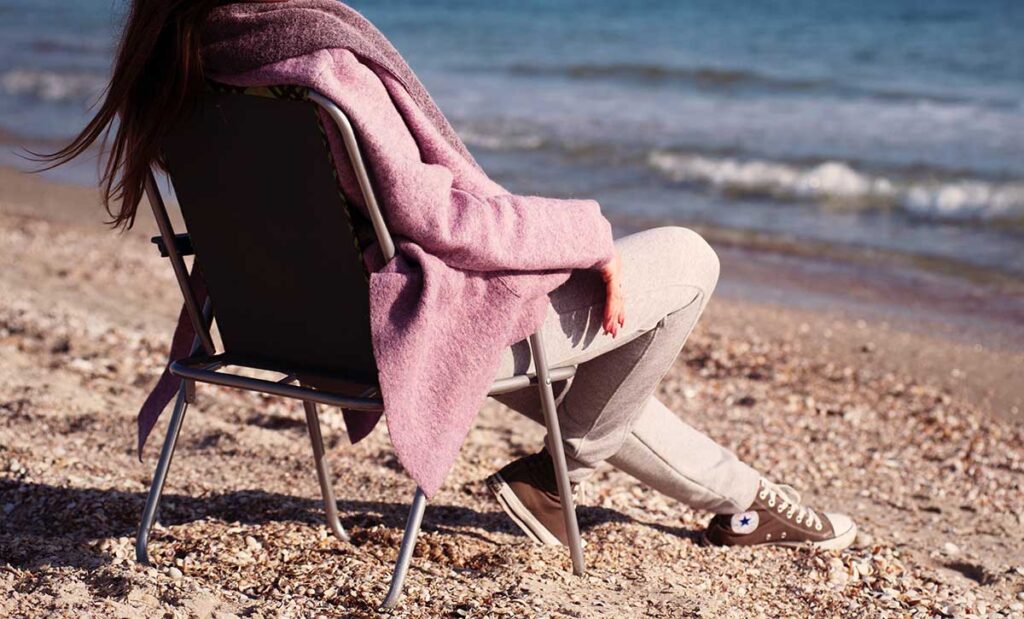
Multiple sclerosis (MS) can cause symptoms such as heat sensitivity, and bladder problems. These can lead to dehydration. It is important to drink enough fluids and check your hydration levels. Especially in hot weather or when you are experiencing symptoms.
For people with MS dehydration is a common issue. Symptoms such as difficulty swallowing and frequent urination can lead to dehydration. It’s important to pay attention to your fluid intake and make sure you stay hydrated.
Surprising signs of dehydration include:
- Confusion, irritability, or agitation
- Constipation
- Dark yellow urine
- Dizziness or lightheadedness
- Dry mouth, skin, and eyes
- Dry or sticky mouth, swollen tongue
- Fatigue or exhaustion
- Muscle cramps or spasms
MS and Bladder Issues
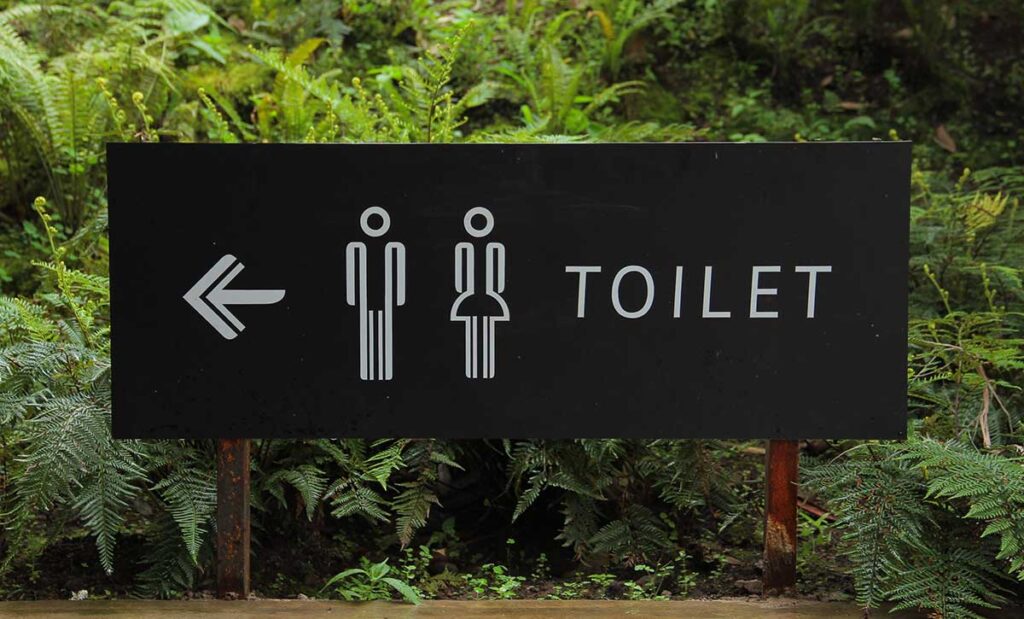
People with MS often cut back on drinking water due to bladder issues. But, this leads to more health problems. Such as bladder infections or urinary tract infections (UTIs). Drinking water helps flush toxins out of the urinary tract.
Here are some natural ways to help treat a UTI caused by bacteria:
- Stay Hydrated. Drinking plenty of water can help flush out bacteria and prevent infections. Aim to drink at least 8-10 glasses of water per day.
- Cranberry Juice. Cranberries contain compounds that prevent bacteria from adhering to the bladder walls. This reduces the risk of UTIs.
- Vitamin C. Vitamin C increases the acidity of urine, which can help kill bacteria. Try to get 500-1000mg of Vitamin C per day through foods such as oranges, kiwi, and bell peppers.
- Probiotics. Probiotics, such as lactobacillus, can help restore good bacteria in the gut. This can help prevent UTIs.
- Avoid Irritants. Avoid using feminine hygiene sprays, powders, and scented products. These can irritate the urinary tract and increase the risk of infection.
If you suspect you have a UTI, it’s best to consult a physician.
Urinary urgency is another reason why some people with MS don’t drink enough water. Urinary urgency refers to the sudden and strong need to urinate. Bacteria may be the cause of a UTI.
Some of the common causes of urinary urgency include:
- Bladder inflammation
- Bladder stones
- Certain medications
- Interstitial cystitis
- Nerve damage
- Neurological conditions
- Prostate problems
- Urinary incontinence
- Urinary tract infections
In some cases, the underlying cause may be unknown.
Foods and Beverages that Cause Dehydration
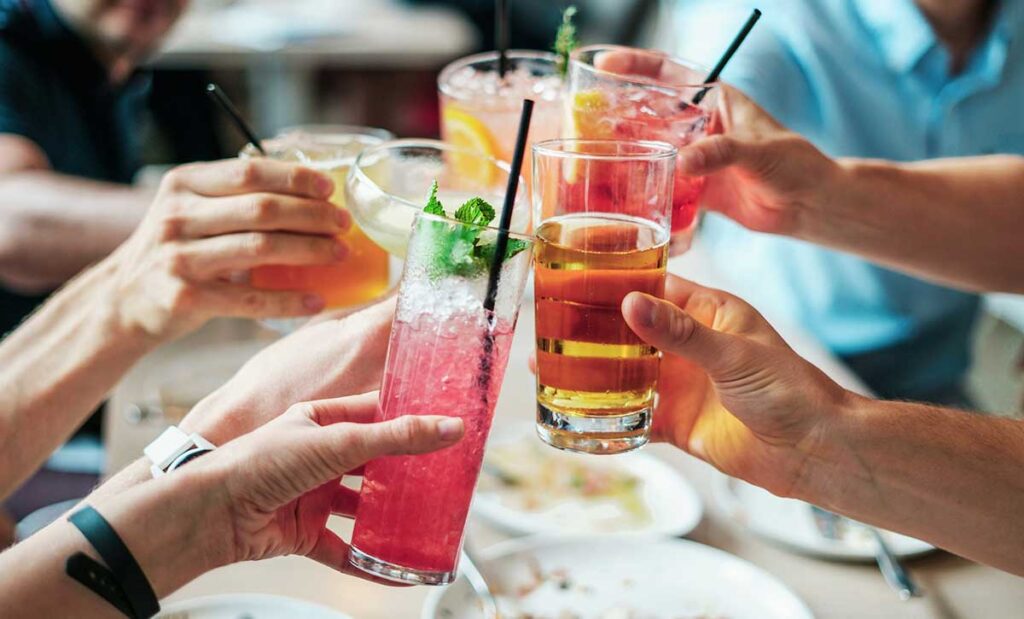
To stay hydrated pay attention to how much you drink in a day. Aim for at least eight 8-ounce glasses of filtered water each day. If you’re dehydrated avoid certain foods and beverages that contribute to dehydration.
Food and drinks that cause dehydration:
- Alcohol. Consuming alcohol in excess acts as a diuretic. This causes the body to lose more fluid through urination.
- Caffeine. Caffeine-containing beverages such as coffee, tea, and some soft drinks.
- High-protein diets. Eating a diet high in protein can increase fluid needs if adequate fluid is not consumed.
- Salty foods. Consuming a diet high in salt can increase fluid loss and lead to dehydration.
These foods and beverages can contribute to dehydration in moderation. But, when consumed in moderation with enough fluid, they don’t necessarily cause dehydration.
Ways to Stay Hydrated
Drinking water is the most effective and straightforward way to stay hydrated. Fruits and vegetables that have a higher water content can help with hydration. However, water is the best and most efficient option to stay hydrated.
Ways to stay hydrated:
- Filtered water is the best.
- Incorporate hydrating foods into your diet, such as fruits and vegetables.
- Avoid diuretics such as caffeine and alcohol.
- Drink water while exercising.
- Carry a refillable water bottle with you throughout the day.
- Listen to your body and drink water when you feel thirsty.
- Try flavored water by adding fruit, herbs, or a slice of cucumber to your water.
- Avoid waiting until you are extremely thirsty. This can indicate that you are already dehydrated.
As you are trying to heal your body is detoxing from pathogens. If you’re dehydrated your body cannot effectively detox. Dehydration can actually make the detox process less efficient.
Adequate hydration is important for many bodily functions. Including the elimination of waste and toxins through urine and sweat. When you’re dehydrated, these elimination processes slow down. Which can lead to a buildup of waste and toxins in your body.
Fruits and Vegetables
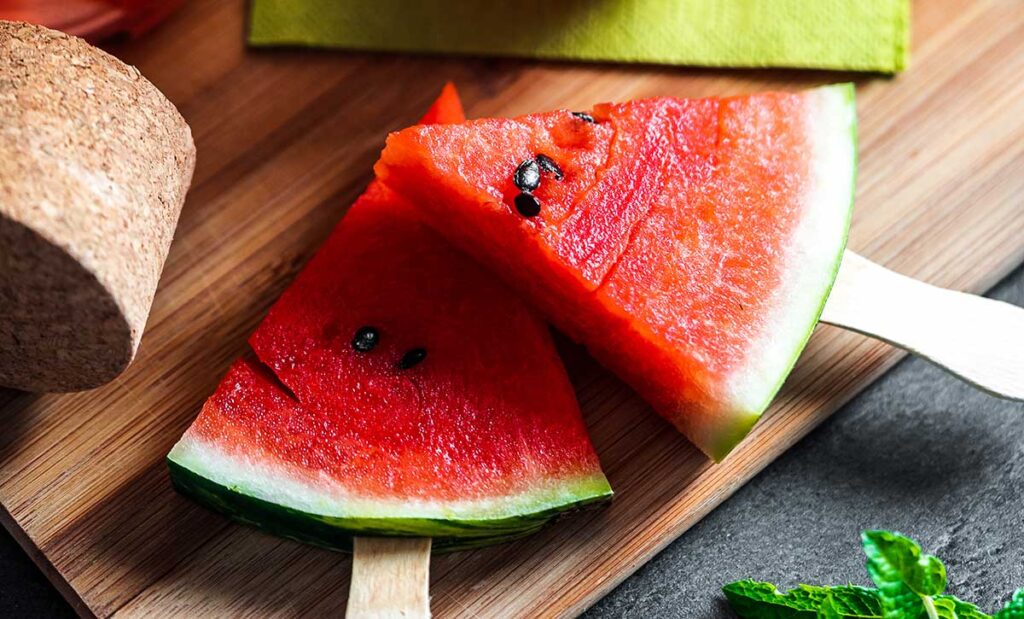
Fruits and vegetables can help hydrate your body. They contain water and electrolytes, which help to maintain hydration levels. Include a variety of fruits and vegetables in your diet to ensure proper hydration.
Food with the highest water content includes:
- Watermelon (92%)
- Strawberries (91%)
- Cantaloupe (90%)
- Grapefruit (91%)
- Peaches (88%)
- Oranges (87%)
- Apples (84%)
- Pineapple (86%)
- Cucumbers (96%)
- Tomatoes (94%)
These values may vary slightly depending on the variety and ripeness.
If you don’t like drinking water add some freshly squeezed lemon juice. Lemon water can help with dehydration. Plus, it’s a good source of electrolytes, including potassium. It also helps to balance fluid levels in the body.
Water in the lemon water can help to replace fluids lost due to dehydration. However, lemon water alone may not be enough to fully rehydrate. It’s always best to drink plenty of water along with electrolyte-rich foods or drinks.
Signs of Dehydration and How to Stay Hydrated

Watch for signs of dehydration. Drink plenty of water and don’t allow your body to become chronically dehydrated. Chronic dehydration can have several negative effects on the body including:
- Decreased kidney function. Dehydration causes the kidneys to work harder to filter waste and maintain fluid balance.
- Constipation. If you’re dehydrated, your body absorbs more water from food, leading to harder stools.
- Fatigue and weakness. Dehydration can cause your blood volume to drop, making your heart work harder to pump blood. This can cause you to feel tired and weak.
- Headaches and dizziness. Dehydration can cause headaches, and dizziness and affect cognitive function and mood.
- Dry skin and decreased skin elasticity. Dehydration can cause the skin to lose its elasticity and become dry and flaky.
- Heat injury. Dehydration can increase the risk of heat-related illnesses. Such as heat exhaustion and heat stroke. Especially when it’s hot and you have heat intolerance.
In severe cases, chronic dehydration can lead to serious health issues. Such as organ failure and death. Now go get that glass of water.
You May Also Enjoy Reading:

Free Wellness Library!
Subscribe for free and I’ll send you the password to my secret library filled with many printables for your wellness journey.
Want to remember this health tip? Pin it to your Pinterest board!
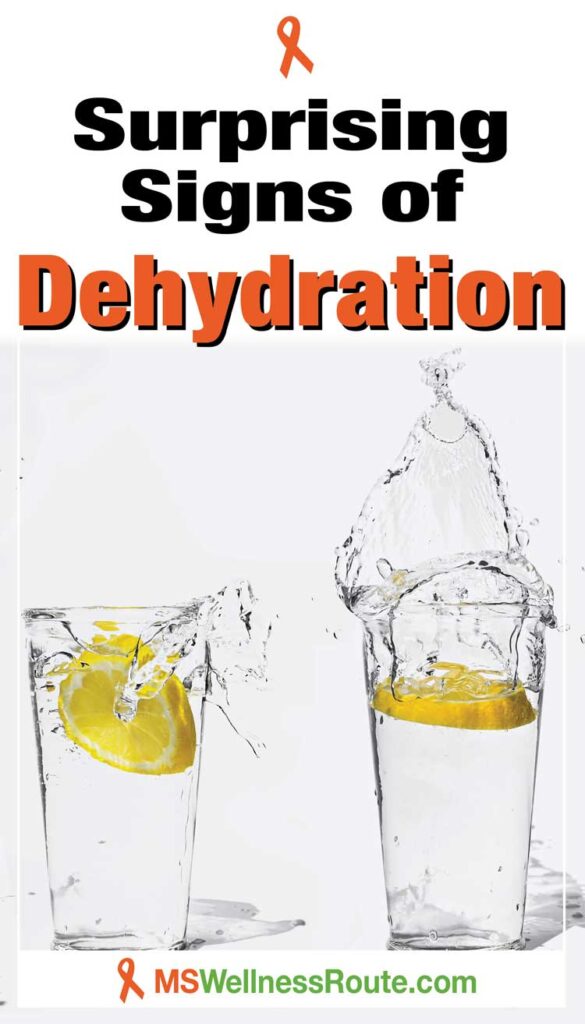
Photos courtesy of pexels.com, picjumbo.com, and pixabay.com.
Surprising Signs of Dehydration





